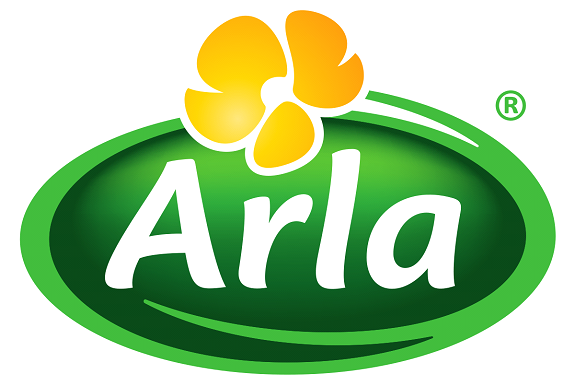Beyond Beer: Why Category Crossovers Create Better Executives
When companies begin an executive search, one of the first questions that arises is whether candidates need to come from the same category. In beer, food, personal care, or household goods, the assumption is often the same: only someone who has “lived it” can lead it.
But in today’s CPG environment, that assumption doesn’t always hold. The most successful leaders are often those who bring category crossover experience — executives who combine deep knowledge of consumer goods with perspectives gained outside a single lane.
This isn’t about disregarding industry expertise. It’s about recognizing that the most effective leaders know how to apply proven principles across categories while adapting to the nuances of a new one.
The Limits of Category-Only Hiring
Hiring only within category may feel safe, but it often narrows the pool of talent. Leaders who have spent entire careers in a single space can bring depth, but they may also carry blind spots. They may default to “the way things have always been done” rather than exploring approaches that worked in other sectors.
In categories like beer, this has created a kind of insularity. Executives who excel at distribution in one company may replicate the same strategies elsewhere without questioning whether they remain relevant in a changing market. Over time, companies that only hire within category risk becoming stagnant.

The Risks of No Category Experience
On the other side, hiring executives with no category experience at all brings risks of its own. Leaders who lack grounding in the realities of a category may underestimate its complexity. In beverage, for example, understanding the three-tier system or managing retailer resets is not optional. In personal care, navigating regulatory requirements around claims and labeling is essential.
Executives who enter with no context can spend critical time learning what insiders already know. For fast-growing companies, that delay can prove costly.
Why Crossover Executives Deliver
The strongest hires often come from the middle ground: executives with both category fluency and cross-category experience. These leaders understand the rules but are not bound by them. They can draw lessons from multiple industries and apply them in ways that spark innovation.
A leader who has worked in both beer and broader beverage, for example, brings a sharper sense of how to balance distribution depth with brand building. Someone with experience in both food and household products may bring fresh insight into supply chain efficiency or retail category management.
Crossover executives also tend to thrive culturally. They are accustomed to adapting to new markets and learning quickly. That adaptability makes them resilient in high-growth environments where conditions change fast.
What Recruiters Look For
When evaluating candidates for CPG executive hiring, recruiters pay close attention to how executives have navigated transitions. Did they succeed in both big-company and entrepreneurial settings? Have they proven they can adapt to different categories without losing effectiveness?
The goal is not just to find someone with a long résumé, but someone who can demonstrate how their cross-category experience created measurable impact. Leaders who can articulate those lessons — and apply them in a new context — stand out.
Recruiters also weigh cultural adaptability. The best crossover executives are curious, humble, and willing to learn from subject matter experts already in the business. Those who arrive assuming one playbook will solve everything rarely succeed.

Why Category Crossovers Will Matter More
The demand for crossover executives is growing. Investors are increasingly looking for leaders who can bring fresh ideas while still operating within the realities of a category. Boards want executives who can connect dots across industries and anticipate consumer shifts.
In 2025 and beyond, the best CPG leadership teams will be built on a mix: veterans with category depth alongside crossover talent who can challenge assumptions. That blend creates resilience, sparks innovation, and prevents groupthink from limiting growth.
Conclusion
In executive recruiting, category experience matters — but it is not the only measure of success. The most effective leaders in consumer goods are those who combine deep category knowledge with perspectives gained elsewhere.
For companies making critical hires, the message is clear: safe is not always smart. By opening the door to crossover talent, organizations position themselves for stronger leadership, sharper strategy, and long-term growth.

.jpg?width=352&name=Business%20Solutions%20Photo%20(2).jpg)
















